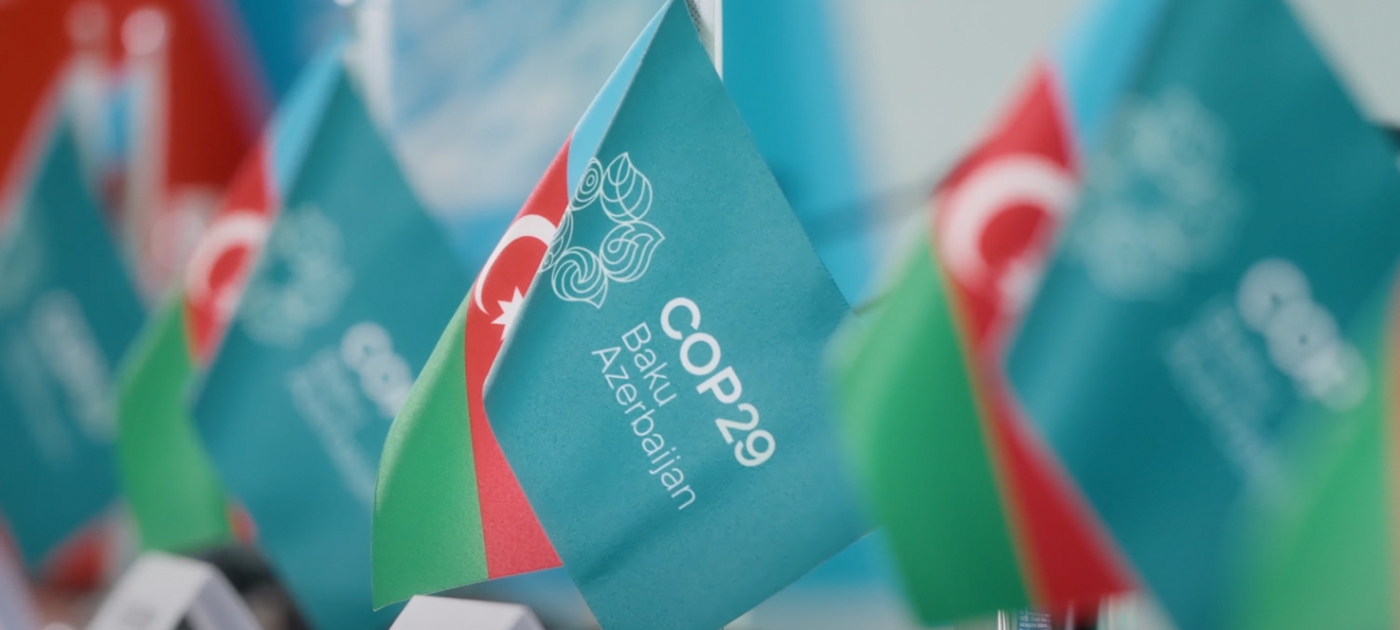The 29th edition of the COP climate summit is currently ongoing in Azerbaijan. But the process may have reached the end of its usefulness.
COP summits are organised once a year to keep tabs on the state of the climate and the international community’s efforts to prevent global warming and the other harmful consequences of climate change.
In 2015, world leaders came together and successfully brokered the landmark Paris Agreement. This international pact commits countries to doing all they can to limit average global temperature increase to just 1.5 degrees Celsius by 2100.
It was a moment of hope and many believed that solving climate change would be possible, in much the same way the ozone layer was preserved by the Montreal Protocol.
However, nearly ten years on and that 1.5 degrees benchmark might be crossed by the end of the decade. Some in the climate science community reckon we could have already breached it. The Agreement’s secondary target of 2 degrees is also on shaky ground.
This is despite countries pledging at various COP meetings to phase down fossil fuel use and cut all-important subsidies that keep the industry competitive with cheaper renewable energy technologies.
In many cases around the world, fossil fuel use and funding are increasing. That is why the UN and other organisations have warned that there is no sign of emissions peaking, let alone decreasing.
Experts in the climate world, including former UN secretary-general Ban-Ki Moon and UN climate chief Christiana Figueres, have penned a letter saying the COP talks are “no longer fit for purpose”.
The letter insists that COP “cannot deliver change at exponential speed and scale, which is essential to ensure a safe climate landing for humanity.”
Albanian Prime Minister Edi Rama summed up the frustrations with the COP process best this week, when he allegedly “tore up his prepared speech” and instead laid into summit delegates about going through the motions.
It is hard to argue with Albania’s PM when you consider who is hosting this year’s COP and who hosted it in 2023. Azerbaijan and the United Arab Emirates are both petrostates and refuse to see a future free of burning fossil fuels for warmth and power.
Indeed, the UN letter also says that countries that do not believe in the need to phase out fossil fuels should not be allowed to host the annual meeting.
Just as COP29 kicked off, a BBC investigation revealed that the head of Azerbaijan’s summit team was caught on camera offering to broker fossil fuel supply deals. Azerbaijan has not commented on the incident.
Azeri President Ilham Aliyev instead chose to go on the offensive against oil and gas naysayers during the summit, insisting that fossil fuels are a “gift from god” and that countries with reserves should not be blamed.
Brazilian energy minister Marina da Silva, whose country will host the 30th edition of the summit next year, was diplomatic when asked about Aliyev’s comments, stating that “god does give us gifts and we should take them with moderation."
She quipped that "if we have too much sugar we will be diabetic."
Brazil’s hosting of the next COP in the heart of the Amazon will be a litmus test for the world’s dedication to climate action, as it will mark a crucial milestone when states will have to submit new emission reduction plans.
Despite Brazilian President Lula da Silva managing to slash the deforestation rate of the rainforest and a brand new emissions plan for 2035, there are still major doubts about his country’s role in the energy transition.
That is because Brazil wants to up the amount of oil it pumps every year, a policy that does not appear to be coherent with the climate obligations the nations of the world have signed up to.
Beyond COP30, Australia and Türkiye are in the race to host the 31st summit. Both countries are far from climate champions, so whoever wins the rights to stage the meeting will make it a run of four countries with dubious green credentials.
Little of real substance is expected to come out of this summit. But expectations were low anyway. That is perhaps the worrying trend and ultimate fate of climate action under the current COP framework: disappointment after disappointment.
Want more updates and analysis of what is happening in the world of energy and climate? Interested in finding a job in the sector or more information about public tenders? Sign up to our Energy Rundown newsletter here!

